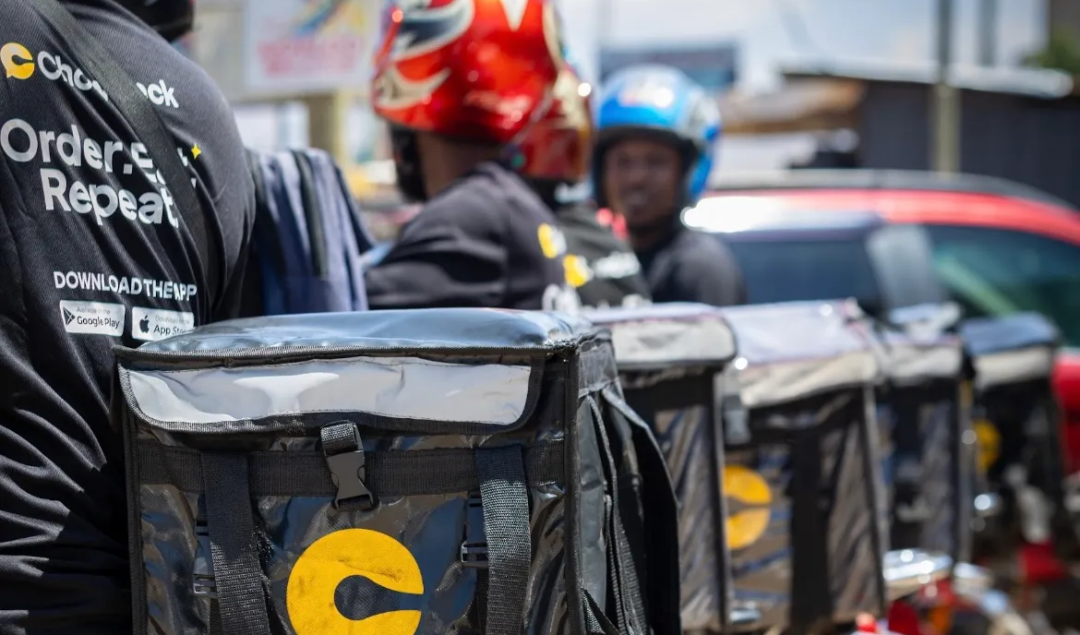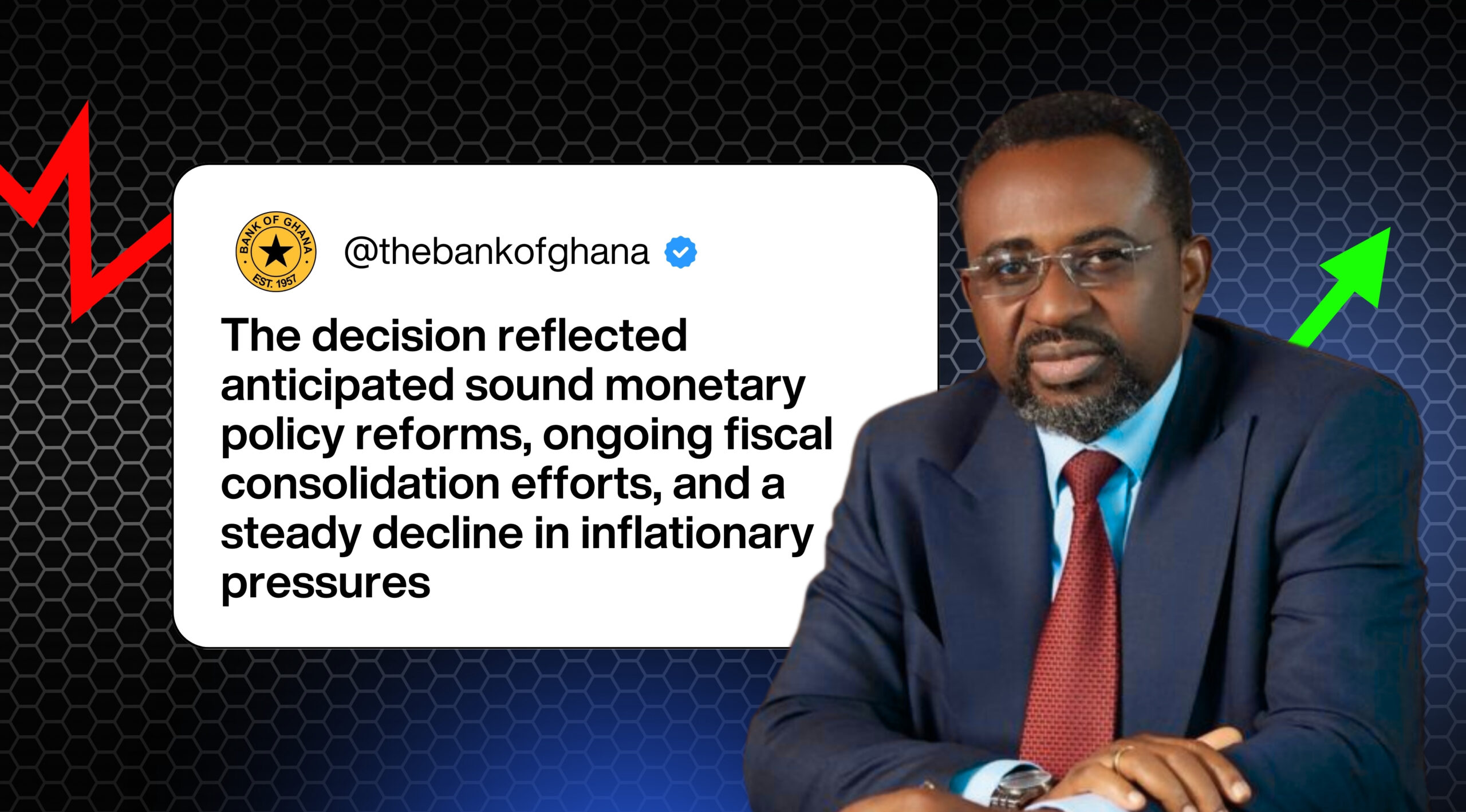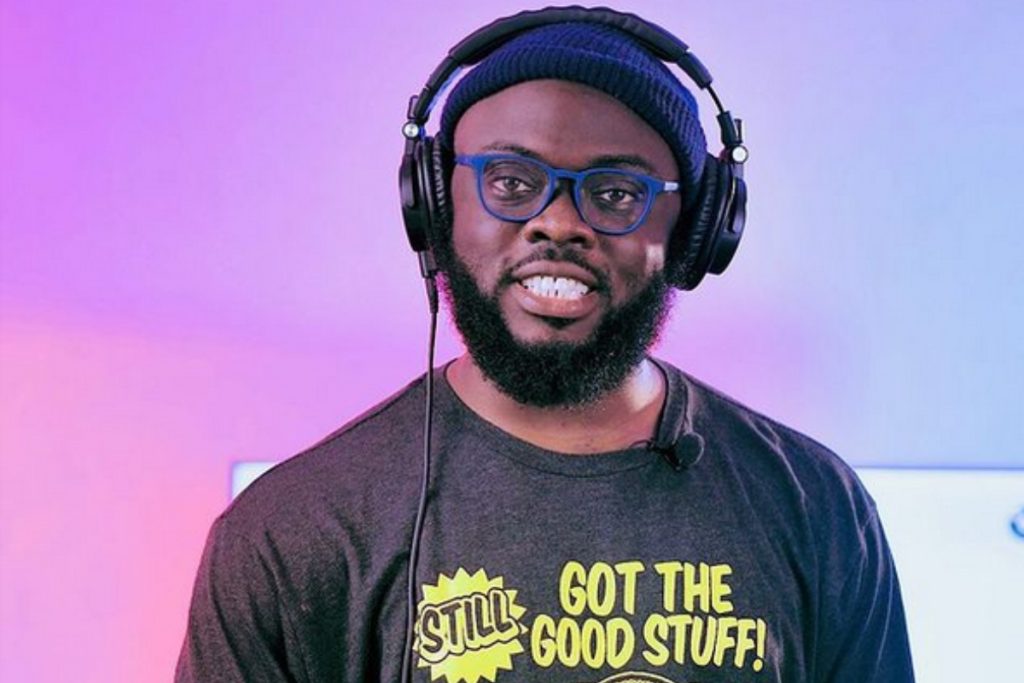African startups have raised over $2 billion by August 2025, but nearly half of it comes from debt.
African Startups Cross $2B in 2025 as Debt Financing Redraws the Playbook

African startups cleared the $2 billion mark in 2025 by August, but the party has a different guest list this year. Equity rounds still make headlines, yet almost half of the capital flowing into the ecosystem now comes as debt. That matters because debt and equity fund different kinds of companies. Debt rewards steady revenue and predictable cash flow. Equity backs big bets and rapid scale. The shift changes who gets funded and how the next wave of African tech will grow.
The year started strong. After a hefty January, fundraising bounced around month to month, with big swings in April and May that lifted H1 totals. By the end of July, startups had already pulled in well over a billion dollars, and by August the continent had passed the $2 billion threshold. The milestone looks reassuring. It shows investors still believe in Africa’s growth story. Yet the composition of that money matters more than the headline.
Call it finance getting sensible. Lenders and development finance institutions stepped in with structured debt, bonds, and credit facilities. In July investors pushed nearly $550 million into deals where the bulk came as loans and bonds, rather than straight equity. Big fintech players are the obvious candidates for these instruments because they already generate payments volume and revenue. Senegal’s Wave secured a $137 million credit line to expand mobile money services, and Egypt’s MNT-Halan raised roughly $50 million through corporate bonds. These are not vanity rounds. They aim to shore up working capital, expand operations, and reduce dilution for founders.
That pattern has consequences. Debt favors established names with predictable cash flow and solid balance sheets. Growth-stage firms can use debt to scale without issuing more shares, which investors often prefer. Early-stage founders face a tougher climb. Seed and pre-seed companies depend on equity because they lack the revenue history that debt providers require. As more capital routes toward loans and structured products, smaller startups may find it harder to raise the equity that fuels rapid experimentation. (AInvest)
Geography plays a role. Egypt and Kenya have led the fundraising charge, while Nigeria’s share has softened. Part of that is market maturity. Kenya’s mobile money market left plenty of room for adjacent sectors like energy, logistics, and healthtech to draw capital. Egypt’s corporate bond market and financial depth let companies structure large, local currency instruments. Nigeria still shows promise, but investors shifted tactics, favoring debt where it makes sense and picking growth winners more selectively. The result is a more differentiated map of where money lands.
Sectors also matter. Fintech remains a central force, but it does not always look like 2019 fintech. Payments and lending businesses that generate predictable cash flows now tap credit lines, securitisations, and sukuks. Foodtech, healthcare, and climate tech also grabbed meaningful rounds in recent months. That mix suggests the market is expanding beyond the classic fintech poster child, even if financial services still account for a large share of big tickets.
Investors and founders respond differently to this environment. VCs with dry powder must decide whether to back early experiments or to double down on winners that can secure debt. Many choose the latter. Debt can boost returns for equity holders when used wisely, but it adds leverage and reduces flexibility. Founders who accept large loans trade the freedom to pivot for a clearer path to scale. That tradeoff changes the kinds of products that reach customers and the pace of innovation.
Policy and public capital will shape what happens next. Development finance institutions have long played a catalytic role in Africa. Their participation in debt deals helps lower the cost of capital and unlock private lenders. Regulators, central banks, and capital markets that support bond issuance and securitisation can make structured finance a tool for broader growth. At the same time, policymakers must watch for overleverage, and ensure corporate disclosures protect smaller investors and the public. Proper guardrails reduce the risk that debt turns from a growth tool into a burden.
For founders the message is practical. Focus on unit economics, build predictable revenue streams, and track cash closely. Those traits make you attractive to both equity investors and debt providers. Consider non-dilutive options when they fit your model, but use them sparingly. For investors the advice is to balance portfolio exposure between early-stage equity and later-stage debt friendly bets. For the ecosystem as a whole the challenge is to keep funding accessible for fresh ideas, while also enabling bigger companies to scale in ways that create jobs and infrastructure.
The headline that African startups raised $2 billion by August 2025 feels like a cause for celebration. It shows resilience. It also signals a transition. The market matured quickly. Money now moves through more complex channels. That reality brings stability in some corners and pressure in others. If the next chapter balances capital access with financial prudence, Africa’s tech scene can grow into an industry that funds its own future. If not, many early bets might never leave the sketchbook. Keep watching who borrows, who lends, and who builds real revenue. Those moves will tell the real story.
What to watch next is simple. Track how much of the total continues as debt, watch whether bond markets in Cairo and Nairobi keep opening for startups, and monitor Nigeria for signs of revived equity flow. Also watch consolidation. When big players raise debt and scale, they often buy smaller companies for distribution and talent. That could speed up exits and change how founders think about growth. For now, the $2 billion milestone is a checkpoint. The deeper test is whether the market can convert that capital into sustainable businesses across the continent.
Subscribe to MDBrief
Clean insights, a bit of sarcasm, and zero boring headlines.









